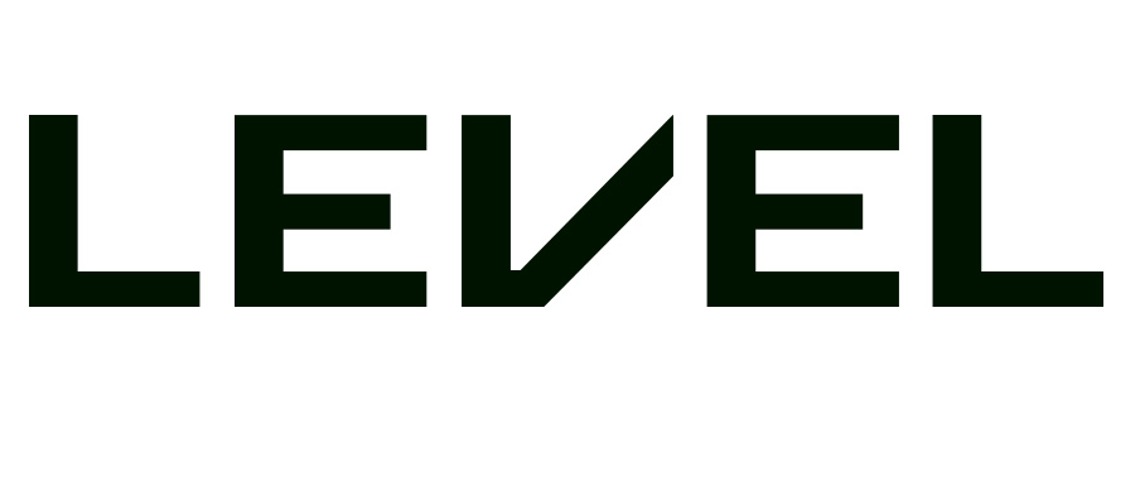Level Gloves Launch Sustainability Program

Creating sustainable products without losing performance is a balance that many brands are looking to strike. Level Gloves have taken a series of steps this year to reduce their ecological footprint on the journey towards a more circular, environmentally friendly industry.
The new Animal Junior glove is designed with only recycled materials, a milestone for the brand and a new green choice for young skiers. Now, Level Gloves are working on several new models to increase the range of fully recycled products.
In addition to recycled products, Level Gloves have taken direct action to help maintain the natural environment:
- Removing plastics from shipping and packaging.
- Organised clean-up sessions to keep our backyards in tip top shape.
- Ski School partners in Bormio, San Sicario and Kaprun are inspiring young people to care for their local outdoor spaces.
- Partnered with Save Soil, an international movement that supports leaders of all nations to implement policies and actions to increase organic content in cultivable soil.
They say:
"Our history dates back to over thirty years ago in a small mountain village in Northern Italy. Our passion for winter sports and the will to spend days on the highest peaks inspired us to create the perfect gloves for every winter condition. Now, this is at risk. Climate change is getting more and more undeniable. The impact of modern production processes is not sustainable anymore, and we cannot wait without doing our part.
"Our goal is to become a fully sustainable company in the coming years without losing the performance of our gloves. As of today, we have implemented the sustainability of our products, introducing new materials, changing design techniques and removing plastics from shipping and packaging. Providing the best performances still requires the use of non-sustainable materials. In our Racing lines, we still use non-sustainable fabrics. Our Research & Development team is working around the clock to design the best possible product, aiming for the perfect balance between performance and sustainability.
"We use leather coming from certified suppliers. This is central to ensuring that the final product doesn’t carry a negative footprint. Gloves’ palms are now almost fully PVC free. More than 80% of our products are realized without the use of non-reusable plastic. We design our newest products with natural cloth, such as Swiss wool, Merino Wool and silk. Also, we switched to PFC-free treatments for our gloves. PFCs are a wide range of man-made chemicals used to waterproof outdoor equipment.
"For this upcoming season, we developed our first fully sustainable model. The Animal Junior is designed with only recycled materials, making it a milestone and the perfect green choice for many young skiers. Now, we are working on several new models to upscale the range of fully recycled products.
"The path to becoming a green company can’t be walked alone. We are working to establish a network of Green Dealers. We want that our effort doesn’t stop at the production process. Shipping, packaging and retail should follow our very same guidelines to make the entire process sustainable. Athletes and skiers are already onboard and working with us to sponsor a green approach to winter sports. The strength of our community is one of the many reasons behaviours are changing. This is leading to a closer collaboration with NGOs and environmental organisations. We pledged to help Stelvio National Park with activities on site. Also, we are now partnering with Save Soil, a movement funded by Indian guru Sadhguru that strongly advocates the need for change in people’s consciousness and behaviour toward a sustainable world.
"We made the green choice, now it is your turn to get onboard.
"With such a quantity, the charitable enterprise would have been able to keep the new industrial process alive. Expectations were exceeded in the first two years of the newborn project, a common ground shared by all great histories of success. Fiwo managed to collect from 2005 to 2007 a hundred and fifty thousand kilograms of raw wool. “In the first year we did all our best to collect as much wool as possible”, said Andreas Mey, Managing Director of Fiwo “then the year later we commissioned an article to a Swiss newspaper, and by creating interest in people, we managed to collect 140.000 kilograms of raw product”. The company succeeded not only in its production mission but also in its social mission. Since 2005, Fiwo managed to give working opportunities to more than 100 people every year, most of who come from disadvantaged backgrounds and with difficulties in getting a fixed contract position. “We have always aimed at putting unemployed people back into the first job market”, said Andreas Mey “and over the years, we paired full-time employees to unemployed people in order to both keep up the production and fulfil our social mission”.
"The collaboration between Fiwo and Level did not happen by chance. “We were looking for a local company with a keen attention to environmental issues”, explained the Ceo of Level Davide Compagnoni “and we found in Fiwo the ideal partner”. Part of the wool produced by the not-for-profit comes from Poschiavo, a little village on the Swiss alps where Level is based. Over the years, the gloves company has started to use more and more of the local wool.
"This resulted in the creation of iconic models such as the Off Piste Leather Trigger, the Off Piste Leather and the Alaska Mitt. This very last model has been worn by the Italian Alpinist Marco Confortola in many of his climbings to the top of the most iconic mountains. “The fact that local Swiss wool can happen to end up on the top of the K2 is just pure satisfaction” Davide Compagnoni added, “and this means that quality is key”.
"As of today, the collaboration between the two companies is still growing. Level is planning to use local wool in more products. “For us, it is very important to send a message in addition to sell gloves that are reliable in every situation” Davide Compagnoni concluded, “we cannot put a product on the market without the collaboration with responsible and modern companies”."














